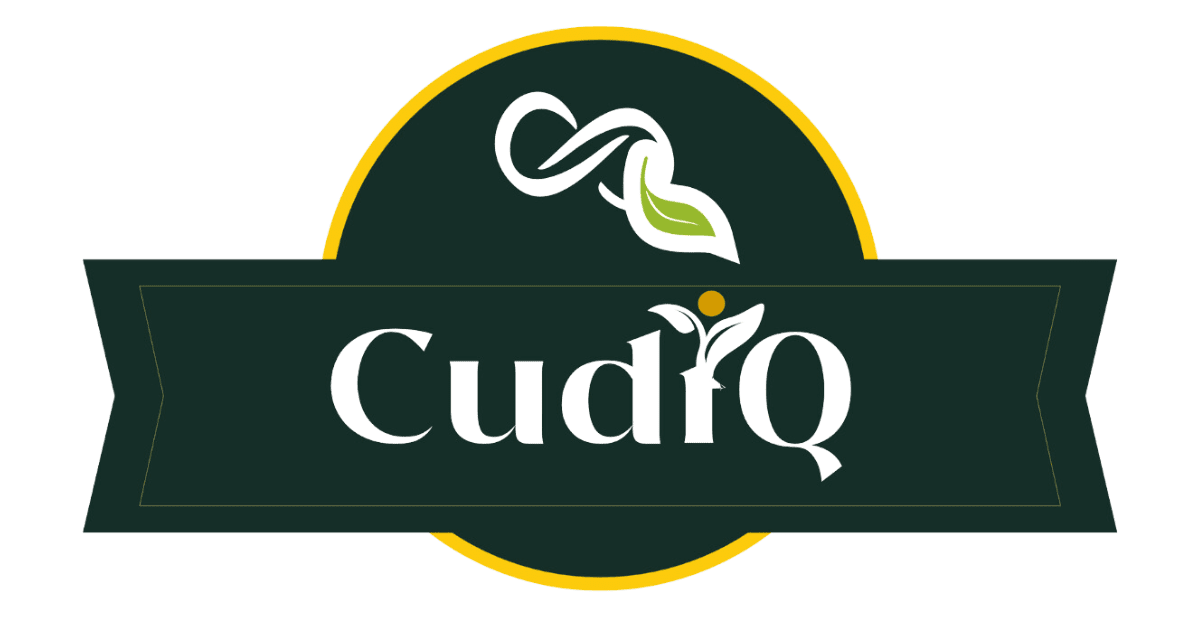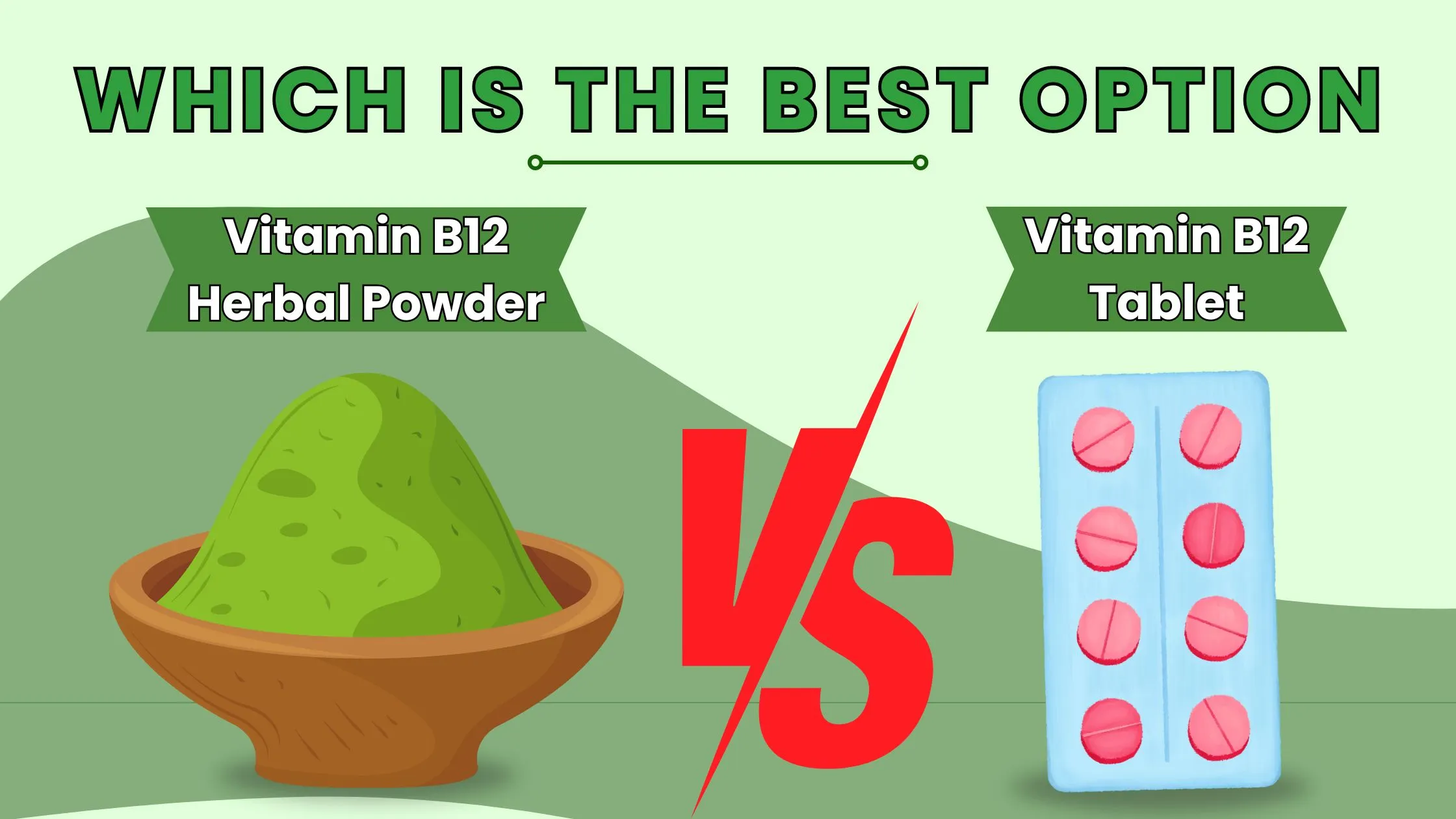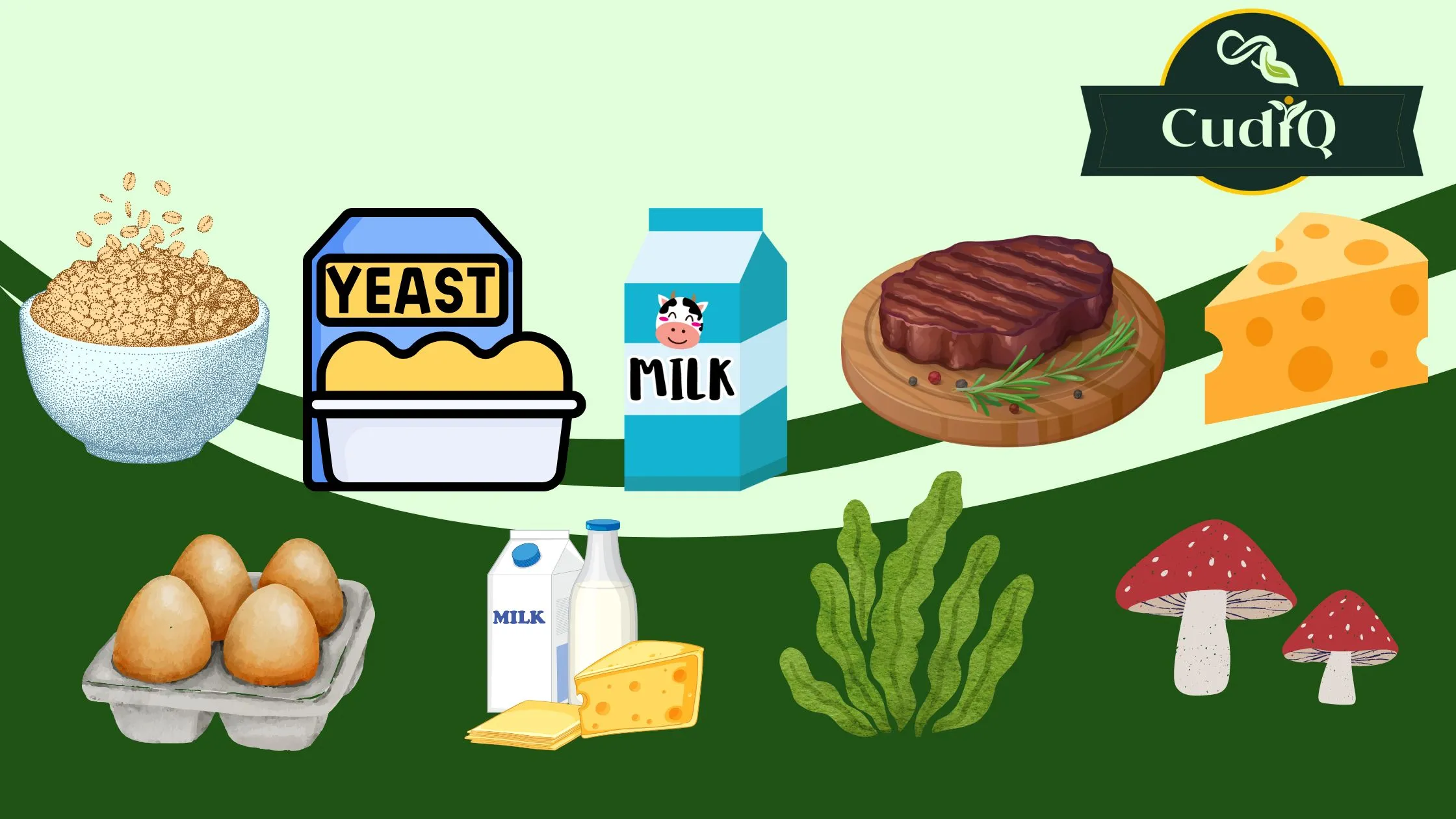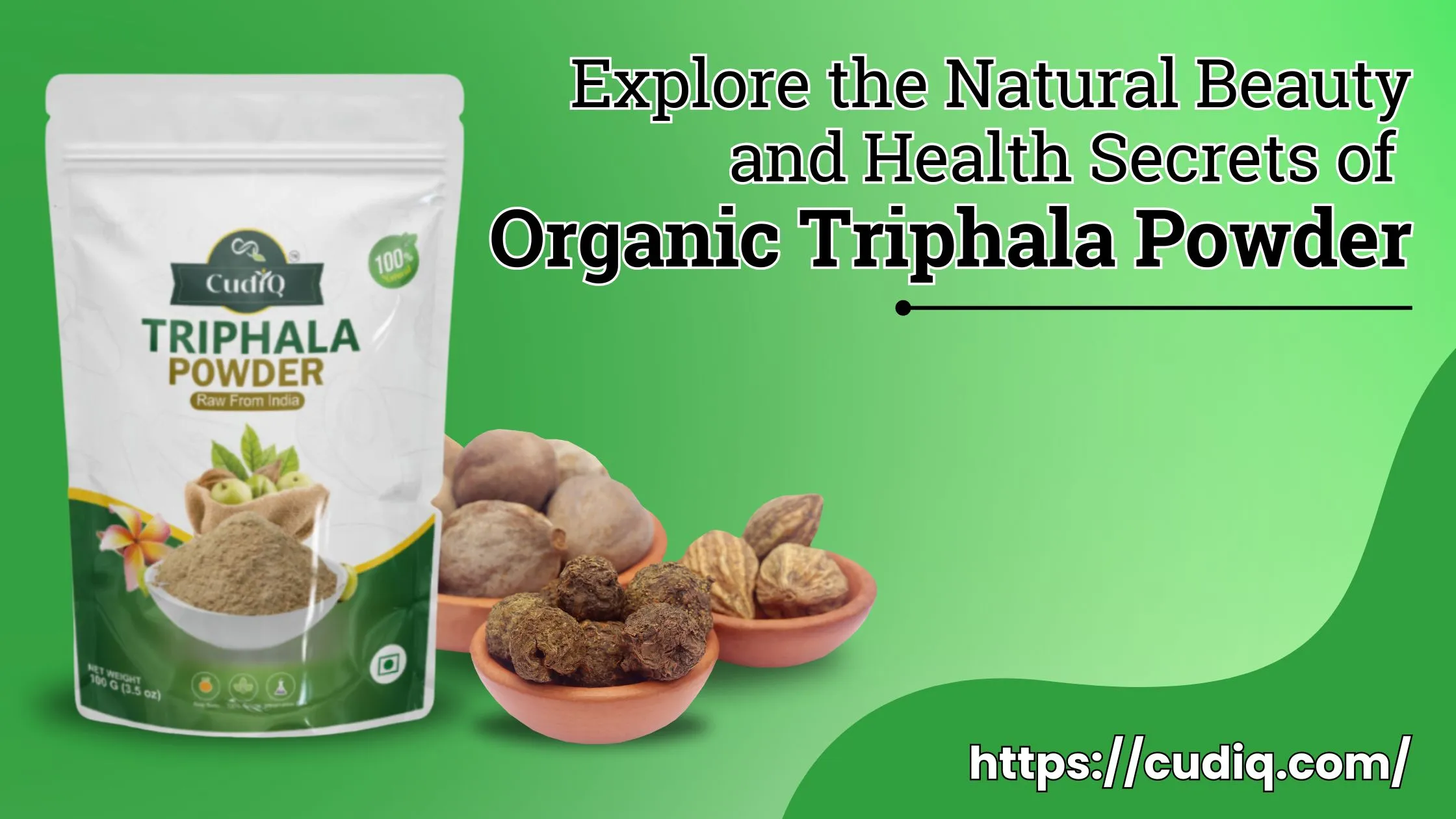In the realm of nutritional supplements, Vitamin B12 stands out as a vital nutrient crucial for maintaining overall health and well-being. However, when it comes to choosing the best form of Vitamin B12 supplementation, the debate between powder and tablet forms often arises. Which one reigns supreme? Let’s delve into the key factors to consider when deciding between Vitamin B12 Herbal Powder and tablets to determine which option may be better suited for your needs.
Absorption and Bioavailability:
One of the primary considerations when choosing a Vitamin B12 supplement is its absorption and bioavailability.
- Vitamin B12 tablets typically need to be broken down in the digestive system before the nutrient can be absorbed into the bloodstream.
- Vitamin B12 powder, especially sublingual formulations, can be absorbed directly through the mucous membranes under the tongue, bypassing the digestive process and potentially leading to faster absorption and increased bioavailability.
Convenience and Ease of Use:
Another factor to consider is convenience and ease of use.
- Vitamin B12 tablets are often compact, portable, and easy to take with water or other beverages. However, some individuals may have difficulty swallowing tablets, especially those with certain medical conditions or sensitivities.
- Vitamin B12 powder can be mixed into liquids or foods for effortless consumption, making it a convenient option for those who prefer not to swallow pills or need a more versatile supplement.
Dosage Flexibility:
- Vitamin B12 Tablets, typically come in pre-determined dosages, limiting the ability to tailor the dosage to specific requirements.
- Vitamin B12 powder offers greater dosage flexibility compared to tablets. With powder, you can easily adjust the dosage according to your individual needs by measuring out the desired amount. This flexibility allows for more precise dosing and customization, especially for individuals who require higher or lower doses of Vitamin B12.
Taste and Palatability:
Taste can be a significant factor when choosing a supplement, especially for those with sensitive taste buds or aversions to certain flavors.
- Vitamin B12 tablets may have coatings or additives to improve taste, but some people may still find them difficult to swallow or unappetizing.
- Vitamin B12 powder may come in a variety of flavors or be flavorless, allowing for greater palatability and enjoyment. Some individuals may find that flavored powders mask the naturally bitter Vitamin B12 taste, making it more pleasant to consume.
Stability and Shelf Life:
Stability and shelf life are important considerations when selecting a Vitamin B12 supplement.
- Vitamin B12 Tablets, particularly those exposed to air or moisture, may degrade more quickly, potentially reducing their effectiveness over time.
- Vitamin B12 powder is more stable than tablets and less prone to degradation over time. Powders can be stored in airtight containers away from light and moisture to maintain their potency.
Vitamin B12 powder and tablets offer unique advantages and considerations. The best choice ultimately depends on individual preferences, needs, and lifestyle factors. For those seeking faster absorption, dosage flexibility, and convenience, Vitamin B12 powder, especially sublingual formulations, may be the preferred option. However, individuals who prefer the simplicity of tablets or have difficulty tolerating powders may find tablets to be a more suitable choice. Regardless of the form chosen, it’s essential to select a high-quality Vitamin B12 supplement from a reputable manufacturer and consult with a healthcare professional for personalized guidance on dosage and supplementation.




